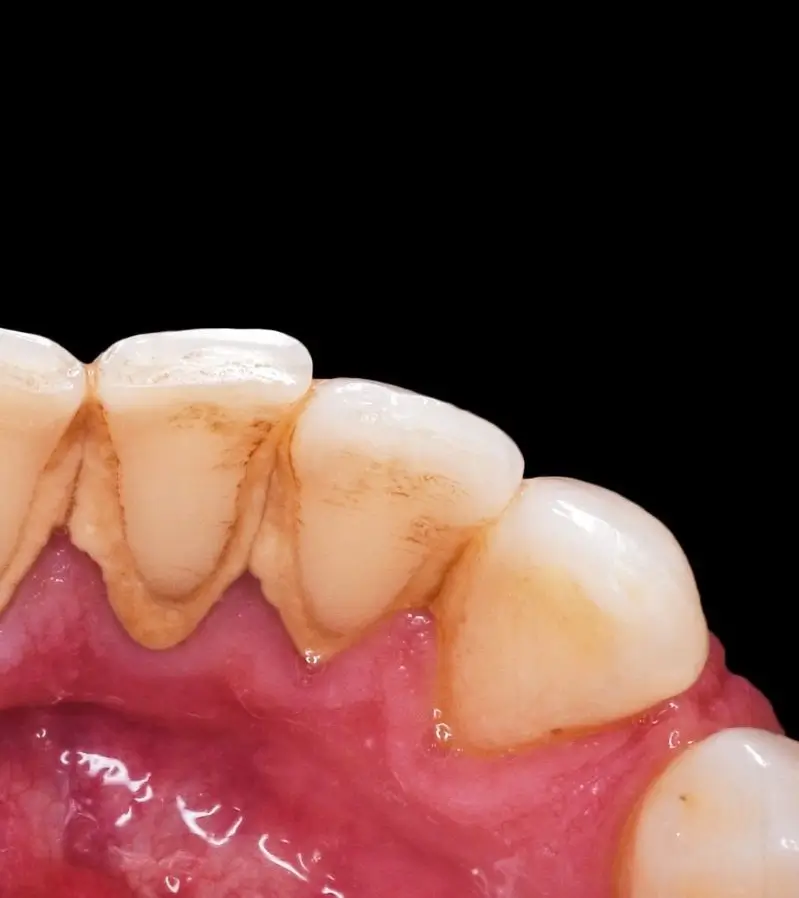When we think of oral hygiene, brushing and flossing often come to mind first. But even with the best at-home care routine, certain areas of the mouth remain hard to reach—and that’s where professional teeth cleaning plays a vital role. Done regularly, it prevents the build-up of plaque and tartar, freshens your breath, protects your gums, and helps you avoid costly dental procedures down the line.
In this guide, we’ll walk you through everything you need to know about dental plaque removal, how to prevent tartar buildup, and why routine professional cleanings are the foundation of a confident, healthy smile read more.
Why Dental Plaque Removal Matters

Plaque is a sticky, colorless film made up of bacteria and food particles. If it’s not removed, it hardens into tartar—a yellow or brown substance that can only be cleaned professionally. This is why dental plaque removal is crucial. It’s the first step in preventing cavities, gum disease, and even tooth loss.
While brushing twice a day is a great start, plaque begins forming again just hours after brushing. That’s why dental professionals recommend cleanings every 6 months to ensure buildup is thoroughly removed.
During a dental cleaning session, your hygienist uses specialized tools to remove plaque and tartar from above and below the gum line. This doesn’t just protect your teeth—it protects your overall health, as studies have linked oral bacteria to heart disease, diabetes, and even respiratory infections.
What Happens During a Professional Teeth Cleaning?
A professional teeth cleaning session is a painless, essential procedure that typically takes 30 to 60 minutes depending on the patient’s oral health.
Here’s what you can expect:
- Initial Examination:
The hygienist checks your gums and teeth for any signs of inflammation, bleeding, or decay. - Scaling:
This step involves using manual or ultrasonic tools to remove plaque and tartar around the teeth and under the gumline. - Polishing:
A gritty paste is applied to polish the surface of your teeth, removing minor stains and making it harder for future plaque to stick. - Fluoride Treatment (Optional):
Fluoride helps strengthen enamel and prevent cavities. It’s especially beneficial if you’re at higher risk for decay.
The result? A cleaner, brighter, and healthier smile that looks and feels fresh.

BEFORE

AFTER
Tartar Buildup Prevention Starts at Home
Tartar, also called calculus, is hardened plaque that forms when plaque is left on the teeth too long. Once tartar forms, you can’t remove it at home—it requires a professional cleaning. That’s why tartar buildup prevention is a key part of your daily oral care routine.
Here’s how to reduce tartar risk:
- Brush twice a day for two minutes using a fluoride toothpaste. Electric toothbrushes are particularly effective.
- Floss daily to remove food particles and bacteria from between the teeth.
- Use an antibacterial mouthwash to reduce plaque-causing bacteria.
- Cut down on sugary snacks and acidic drinks, which feed the bacteria that form plaque.
- Stay hydrated, as dry mouth increases plaque buildup.
Consistency is key. The better your habits, the less plaque forms—and the less tartar your hygienist will need to remove read more.
Benefits of Regular Professional Teeth Cleaning
Professional teeth cleaning isn’t just about cosmetics—it has real health benefits that go far beyond the appearance of your smile.
1. Prevent Gum Disease
Gingivitis, the first stage of gum disease, often starts with plaque buildup. Regular cleanings remove the bacteria before it can inflame the gums.
2. Freshen Your Breath
Bad breath (halitosis) is often caused by bacteria in plaque and tartar. A professional cleaning gives you a truly fresh start.
3. Reduce Risk of Cavities
Cleanings help remove buildup in hard-to-reach places where cavities often form.
4. Save Money
Preventive care is always cheaper than restorative care. Cleanings cost far less than fillings, crowns, or gum surgery.
Teeth Cleaning for People with Sensitive Teeth
If you have sensitive teeth, you may feel anxious about professional cleaning. But rest assured: dental hygienists are trained to clean gently and can adjust their techniques based on your sensitivity level.
To make your cleaning more comfortable:
- Let your provider know about your sensitivity
- Use a desensitizing toothpaste for 1–2 weeks before your appointment
- Ask about topical numbing gels
- Take an over-the-counter pain reliever beforehand if needed
Professional teeth cleaning shouldn’t hurt—and when done properly, it can even reduce sensitivity over time by improving gum health.
Cleaning vs. Whitening: Know the Difference
Many people confuse teeth cleaning with teeth whitening, but the two are different procedures with different purposes:
- Cleaning removes plaque, tartar, and surface stains to keep your teeth and gums healthy.
- Whitening uses bleaching agents to lighten the color of the teeth for cosmetic improvement.
A professional cleaning is often recommended before whitening to ensure the whitening product works more effectively.
If your goal is both health and aesthetics, start with a cleaning—then explore whitening options with your dentist.
How Often Should You Get a Professional Cleaning?
Most dentists recommend a professional teeth cleaning every 6 months. However, some people may need more frequent cleanings:
- If you have gum disease or a history of periodontal problems
- If you smoke or use tobacco
- If you wear braces or clear aligners
- If you’re diabetic or have a compromised immune system
Your dentist will evaluate your oral health and recommend the ideal frequency for you.
Supporting Oral Health Between Visits
To make the most of your cleaning and keep plaque at bay between visits:
- Use a plaque-disclosing tablet occasionally to see where you’re missing while brushing
- Rinse with mouthwash after meals if brushing isn’t possible
- Switch out your toothbrush every 3 months or sooner if bristles fray
- Eat more crunchy fruits and veggies like apples and carrots that naturally clean the teeth
- Drink water after every snack or meal
These small habits can make a big difference in maintaining the results of your professional teeth cleaning.
Final Thoughts: Clean Teeth, Confident Smile
There’s nothing like the feeling of running your tongue over freshly cleaned teeth. But professional teeth cleaning is about more than feeling good—it’s a vital part of preventing disease, protecting your health, and investing in your long-term well-being.
By committing to regular dental visits and smart at-home care, you can master dental plaque removal, avoid tartar buildup, and enjoy the confidence that comes with a healthy, radiant smile.
